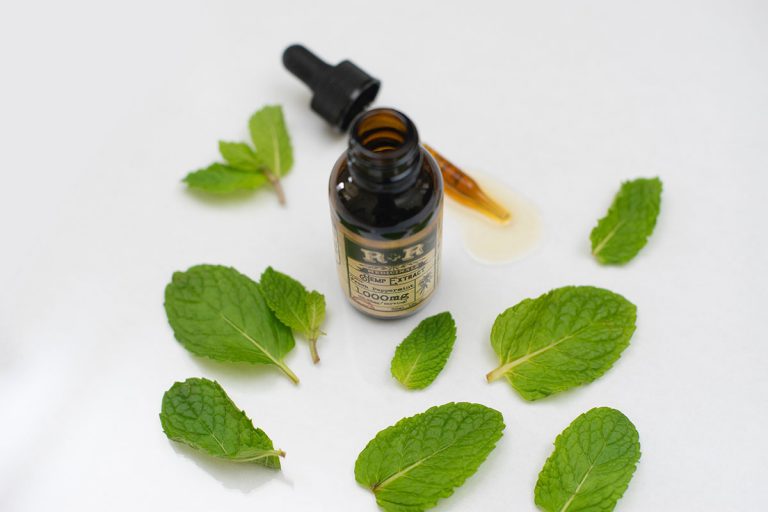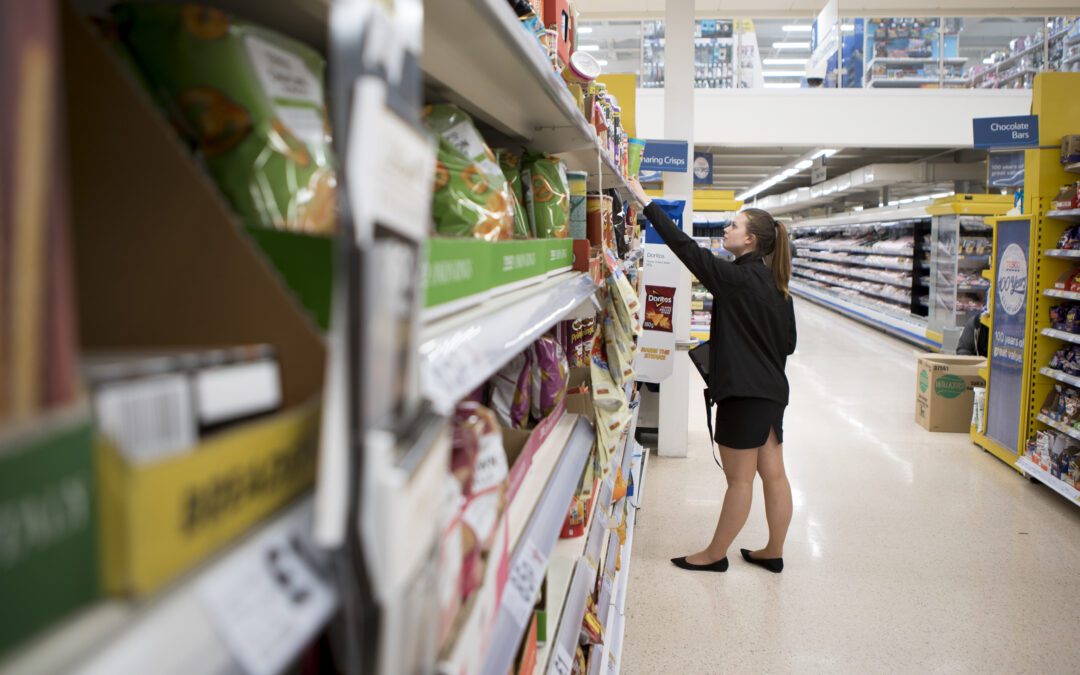As far as fads go, we’ve seen a lot of them in recent years. Thanks to Instagram, Facebook and the concept of ‘viral content’, trends catch on incredibly quickly.
One of the latest products to make the rounds, and collect a pretty penny or two, is CBD. Closely following CBD is its sister product: hemp.
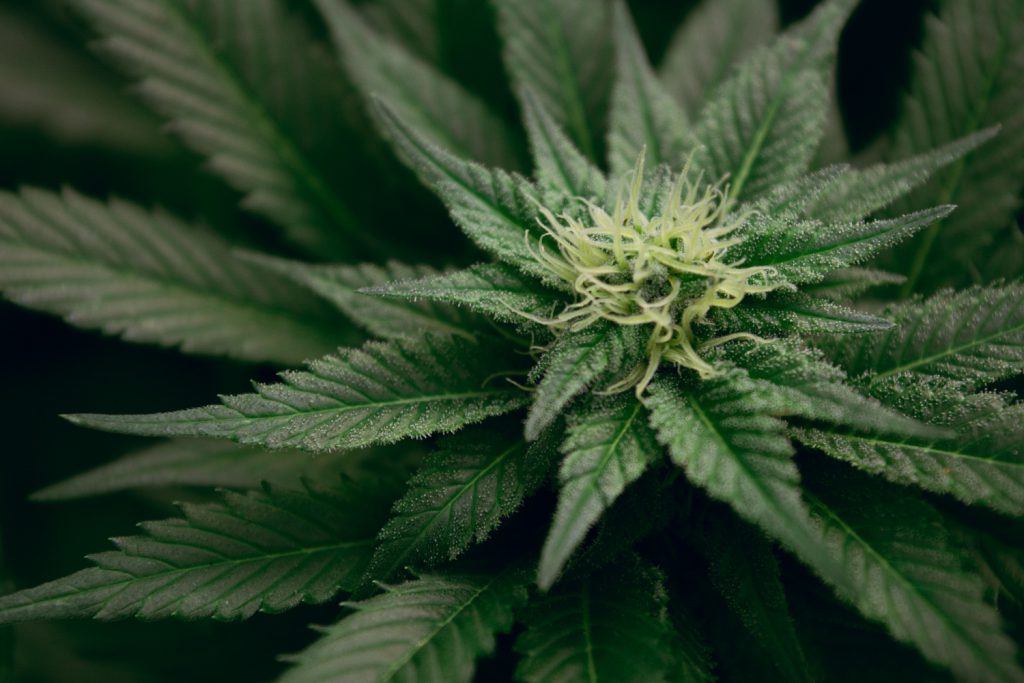
So, what exactly are they? Are they legal? And do they have a solid place in retail for the foreseeable future?
What are ‘CBD’ and ‘hemp’?
You’ve probably heard the term ‘hemp’ used before – it’s quite a common term in the UK and has been for hundreds of years. However, CBD has only recently gained popularity over the past few years. This Google trends chart clearly shows the spike of searches for the term.
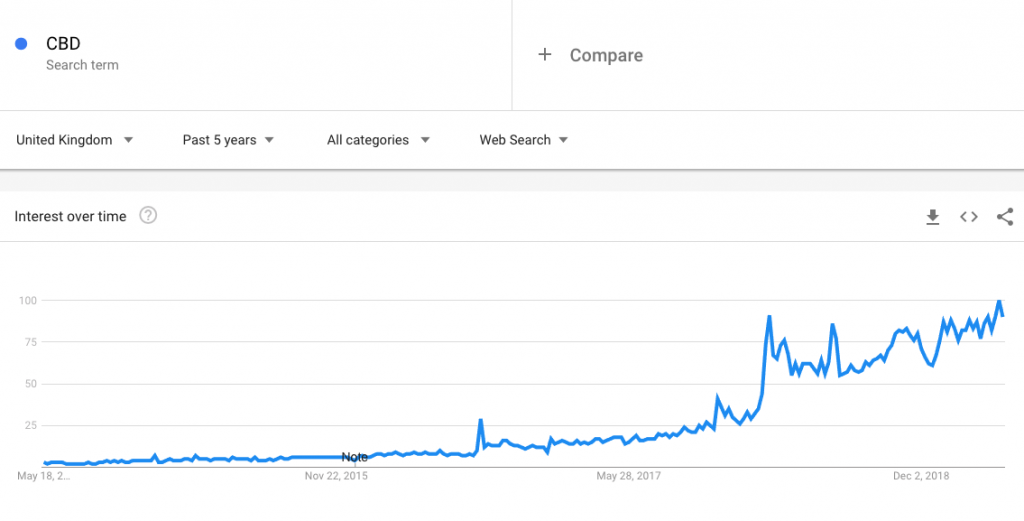
CBD and hemp are derived from thecannabis sativaplant. This plant is referred to in many different ways, depending on where it is being spoken about.
Hempusually refers to cannabis that is grown for industrial purposes. More specifically, we usually hear people talk about ‘hemp seed’, the seed of the cannabis plant.
On the other hand, CBD(more formally known as cannabidiol) is a compound found within cannabis. It is extracted and produced as an oil. Hemp can also be pressed into oil from the seed but is more commonly used by its fibres being produced as paper, clothing and other textiles.
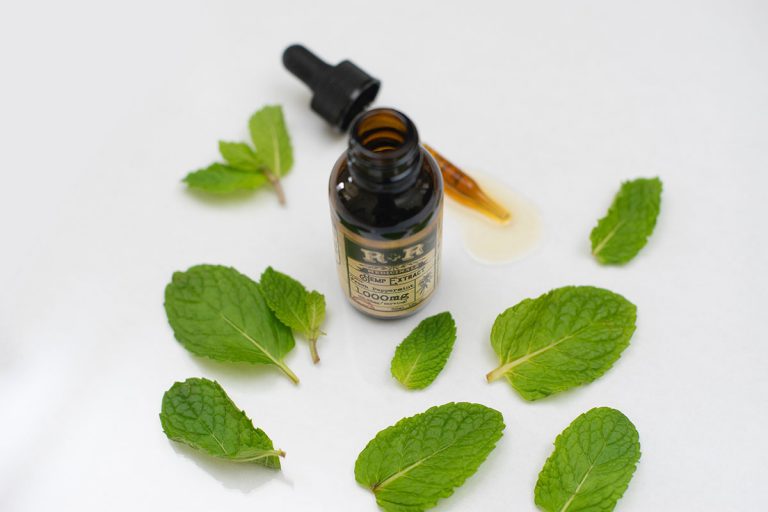
Are hemp and CBD legal?
In a word, yes and no. There are strict regulations.
CBD, as a derivative of the cannabis plant, is legal for sale and human consumption. It contains less than 1mg of THC (the psychoactive compound of cannabis), so isn’t thought to have any negative impact on a person’s mental state. However, it is not legal for production and must be imported from other countries.
Hemp is also legal for sale and you can obtain a licencefor growing the plants in the UK. But this licence doesn’t cover the extraction of CBD from the hemp plant. It’s still a bit of a grey area and one that many brands and businesses are still figuring out how to navigate.
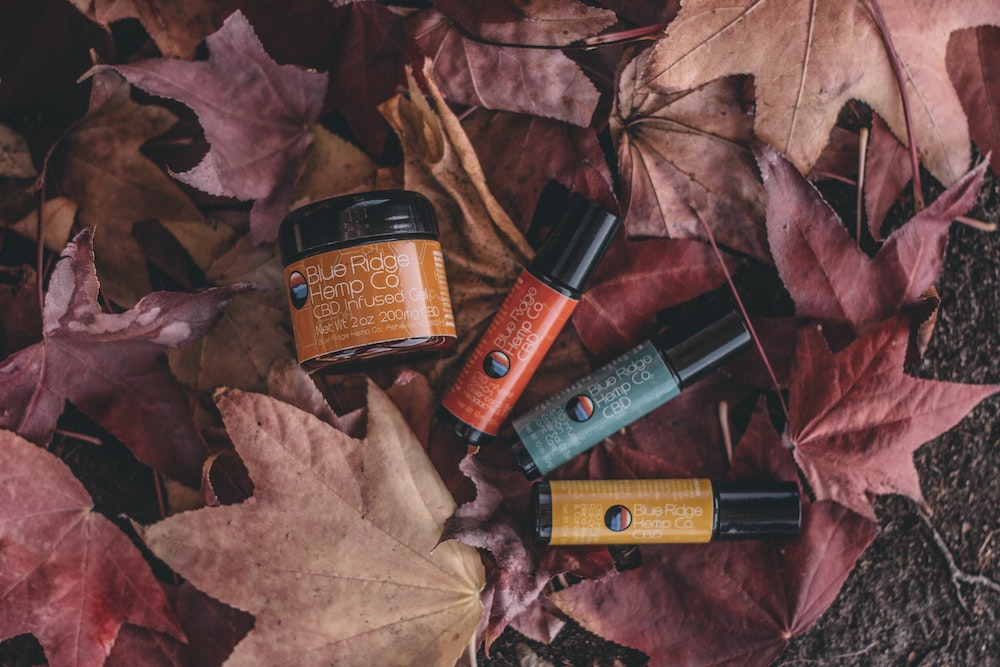
What is attracting people to use hemp and CBD?
Aside from the trendy Instagram posts appealing to a younger audience, there is an overwhelming response from users suffering from mental health problems and painful debilitating illnesses. In particular, CBD is thought to have a positive effect on illnesses such as depression, anxiety and epilepsy – to name but a few. It’s also reported to relieve muscle pain, arthritis and some cases of insomnia.
Recently, The Standard investigated the benefits of CBD oil. They told the story of Charlotte Caldwell and her son Billy who suffers very severely from epilepsy and can face up to 100 seizures a day. Charlotte found that CBD oil has been a life-saving medicine for Billy.
What is their current place in the retail market?
Hemp and CBD have become incredibly popular as marketed products over the past few years. According to The Grocer, “a third of UK consumers” would buy CBD-related food and drink products. In a more in-depth article, the groceries publication found that the number of people in the UK using CBD had “doubled to 250,000, from 1250,000 the year before”.
Back in 2018, the BBC reported on the ‘booming industry’ of CBD. In the article, they presented statistics from the Brightfield Group suggesting the CBD industry could be worth a whopping $22bn by 2022. That’s about £16.8 billion.
Here are some of the products, containing CBD and hemp, available to purchase in the UK right now:
- E-liquid and vape oil
- Carbonated soft drinks including beer
- Snacks and sweets including marshmallows, cookies and mints
- Coffee
- Drops
- Moisturiser and lotions
As you can see, the possibilities really are wide open for brands and manufacturers to start taking advantage of. Retailers who have already jumped at the opportunity include Holland and Barrett, Boots and many independent health stores up and down the country.

The future of CBD in retail and what we need to consider
Recently, the Independent reported that UK sales of CBD-infused products have ‘skyrocketed’ this year. According to Wowcher, purchases containing CBD have ‘doubled in 2019’, with the most sales found in London, then Cardiff and Edinburgh.
This is a surefire sign to us that the industry is on the up. There’s still a chance for UK retailers to climb on the bandwagon and invest in CBD-infused and hemp products, especially whilst health & wellness is still such a big consumer trend.
However, retailers will need extra clarity in terms of regulations in order to educate the public and really take this industry to the next level. Because there is such a grey area with regulations, quality can vary and this may confuse consumers. Are they really getting what they pay for with expensive CBD oil? Will they get the pain relief they desire from the quality of CBD they’re buying? These are just a few of the questions that retailers and brands need to consider before diving into the growing but the potentially volatile market of CBD and hemp.

